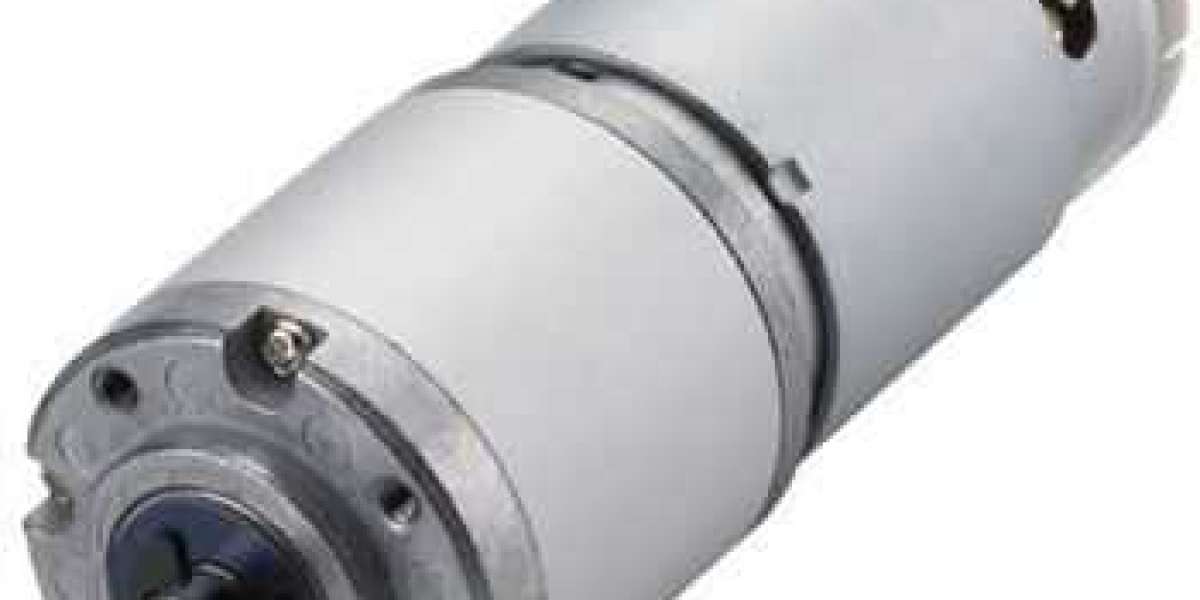China Biomass Boiler Introduction Biomass boilers use biomass energy. Biomass energy is green, environmentally friendly, and renewable. It is a kind of solar energy. It can achieve zero carbon emissions in one cycle, regardless of time, climate, and geographical restrictions low. Feeding System The feeding system consists of a silo, a vibrating feeder, a belt conveyor, a screw feeder, a bucket elevator, a hopper and the like. Different feeding methods are used depending on the nature of the fuel and the type of boiler. The BMF fuel processed in the factory is transferred to the silo by a belt conveyor, and then the BMF fuel in the silo is supplied to the burner for combustion through a bucket elevator (spiral feeder). Combustion System The main equipment of the combustion system is the chain grate. Compared with coal combustion, biomass fuel has the characteristics of easy ignition and fast combustion. Therefore, the grate reducer adopts a slow motor to reduce the running speed of the grate. Considering that the control grate is adapted to different boilers with different loads, the grate motor is controlled by frequency conversion to meet the control of the walking speed of the grate. The material layer of the boiler is controlled by the ram on the front side of the grate. Optimize the heating surface layout and front and rear arch structure of the furnace, adopt low-temperature combustion technology, control the furnace burning temperature to be between 750~850 °C (determined according to the melting point of fuel ash), effectively inhibit the slagging of alkali metal and reduce the corrosion probability of the boiler. The combustion of biomass can usually be divided into three stages, namely, the preheating and light-off stage, the volatile combustion stage, and the char combustion stage. The combustion process of biomass on the grate is divided into preheating drying zone, burning zone and burning zone. According to the burning characteristics of each zone, the air volume required in each zone is different, and the preheating drying zone and the burning zone have less air volume. The air volume in the burning area is larger. The adjustment of the air volume is achieved by adjusting the air baffle on both sides of the grate. The temperature control is based on the internal temperature of the furnace, and its temperature is related to the amount of air supplied when the fuel is vaporized. The adjustment of the boiler load is controlled by the adjustment of the feed amount. The flue gas after combustion enters the convective flue through the furnace to exchange heat, and then enters the economizer (energy saver) and the air preheater to complete the whole combustion process, and then enters the dust collector for purification treatment, and finally discharges into the atmosphere through the chimney. The use of energy-saving devices such as economizers and air preheaters reduces the temperature of the flue gas and greatly improves the overall efficiency of the boiler. Soot Blowing System The boiler is equipped with a fully automatic sonic soot blowing device, which can periodically purge the furnace and the pipe to ensure that no dust is formed on the surface of the pipe, thus achieving safe and efficient operation of the boiler. Smoke System Air supply system: The boiler air supply system and the grate are optimally arranged. The air is sent to the furnace through the air preheater through the air blower to achieve the function of conveying fuel and combustion. The wind chamber at the lower part of the grate enables the hot air to be on the lower side of the grate. Evenly enter the furnace, The air distribution on the left and right sides of the grate is evenly distributed to reduce the partial burning phenomenon and ensure complete combustion of the fuel. Air-exhaust dust removal system: Under the action of the induced draft fan, the high-temperature flue gas generated after the combustion is completed passes through the convective heat transfer in the pipe, and then passes through the economizer and the air preheater for heat exchange, and finally enters the dust collector for purification. Finally, the induced draft fan is discharged from the chimney. Automatic Control System The control system adopts high brightness and full Chinese display, with the famous brand PLC control system as the central control unit; exchanges information with the boiler user in the man-machine dialogue mode to realize the fully automatic operation of the BMF boiler.China Biomass Boiler website:http://www.jn-boiler.com/biomass-boiler/
apo2858
10 blog posts



